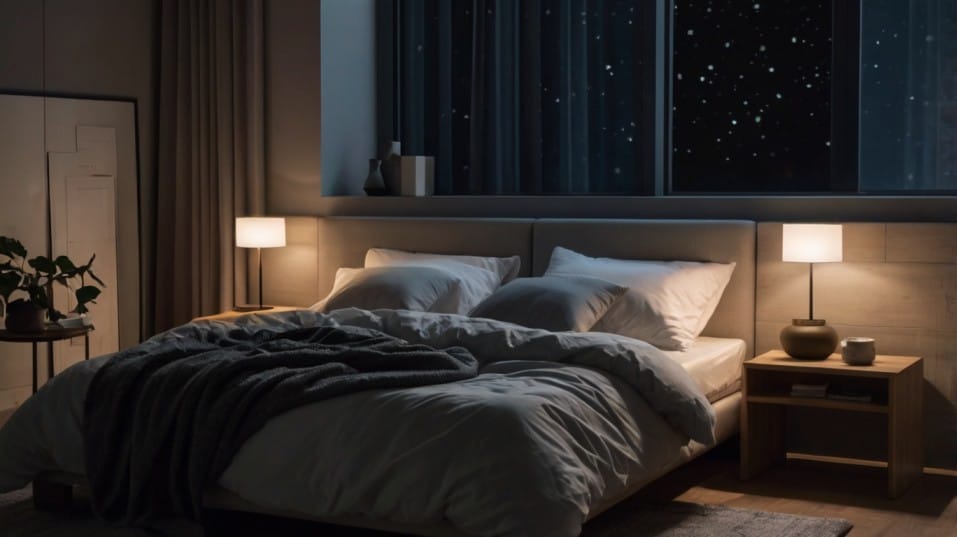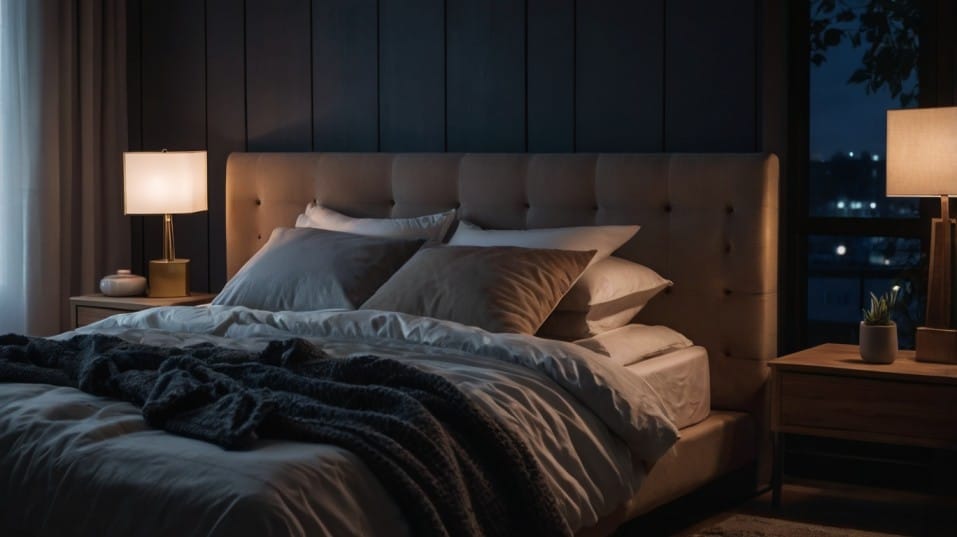Do You Need a Sleep Study? Signs to Watch For
Still waking up tired even after 8 hours? Discover how a sleep study can uncover hidden issues and unlock deeper, more restorative rest.

What if your sleep feels “fine” but your brain and body say otherwise? You’ve tried the basics—less screen time, better routines—but still wake up foggy or wired at night. That’s a signal, not a fluke.
A sleep study might sound like overkill, but it could be the fastest way to get real answers. If you’re serious about better energy, focus, or recovery, it’s time to look under the hood.
You’re Sleeping But Not Resting—Here’s Why That Matters
Logging seven or eight hours means nothing if your body’s stuck in light sleep all night. Deep sleep is when your muscles recover.
REM sleep is when your brain processes memory, emotion, and learning. Miss either stage and you wake up groggy, unmotivated, or mentally slow.
You might not even realize it’s happening. People with undiagnosed sleep disorders often think they’re sleeping “fine” because they don’t fully wake up during the night.
But poor-quality sleep builds up like hidden debt—slowing reaction time, lowering immunity, and killing your focus. A sleep study gives a high-resolution look at what your sleep architecture actually looks like—and where it’s breaking down.

You Snore Loudly or Stop Breathing—and Someone Else Has to Tell You
This is one of the most common signs—and one of the most ignored. If your partner hears you snore, gasp, choke, or stop breathing, that’s not just annoying—it’s a major warning sign for sleep apnea.
Sleep apnea is a condition where your airway collapses repeatedly during the night, starving your brain and body of oxygen. You wake up slightly—over and over again—without knowing it.
That kills deep sleep. It also spikes your stress hormones and wrecks heart rate variability, which directly impacts recovery and performance.
Left untreated, it becomes the silent killer of your energy, mood, and focus. A sleep study can confirm if you have it—and more importantly, what kind. Different types (like obstructive vs. central apnea) require different treatments.
Your Daytime Energy Is Shot—Even When You’re in Bed Early
If you need caffeine just to function—or if you're hitting an afternoon wall so hard it feels like jet lag—you’re not lazy or just “not a morning person.” You’re likely dealing with unrecognized sleep fragmentation or a circadian rhythm mismatch.
What That Actually Means
Circadian rhythms control the natural rise and fall of hormones that dictate alertness and fatigue.
When these rhythms are off (think shift work, social jet lag, or inconsistent bedtimes), your sleep might technically look long—but your brain and body don’t get the full benefit.
A sleep study can reveal how your brainwaves align with sleep stages, pinpointing whether your cycles are actually working in your favor—or firing at the wrong time.
You’ve Already Tried the Basics—Still Not Getting Results
Let’s be real: sleep hygiene only gets you so far. If you’ve optimized your environment, limited blue light, kept a consistent schedule, and still feel like something’s wrong, trust that instinct.
A sleep study is your next-level tool. It tells you what trackers can’t. Smartwatches and apps use movement and heart rate as proxies—but they can’t measure brainwave activity, oxygen saturation, or limb movement disorders. Sleep studies can.
This is about moving beyond surface-level tweaks. Real optimization starts with knowing what’s happening under the hood.
Your Mornings Are a Mess—and It’s Not Just a Mood Thing
Waking up with a dry mouth, headache, sore jaw, or racing heart isn’t just a rough start—it’s a sign your sleep was interrupted by something physiological.
Why That Should Matter to You
Bruxism (grinding teeth), restless leg syndrome, and periodic limb movement disorder often fly under the radar. You might not even know you’re doing it.
But a sleep study will catch it and correlate it with when, how often, and how severely it affects your rest.
Many people who think they have “insomnia” are actually dealing with one of these less obvious conditions. When treated, the difference is immediate and dramatic—better morning clarity, lighter mood, even improved workout recovery.
You’re Looking to Maximize Energy, Focus, or Recovery
Even if you’re not dealing with obvious symptoms, a sleep study can be a powerful tool for peak performance. Whether you’re an athlete, entrepreneur, or just someone trying to level up your focus, better sleep is the multiplier.
By understanding your personal sleep patterns—how long it takes you to hit deep sleep, how often you wake, how your oxygen levels shift—you can dial in the exact protocols to enhance recovery, mental sharpness, and next-day output.
This isn’t about chasing perfection—it’s about removing guesswork. A targeted plan beats random hacks every time.
Final Thoughts
If you’re serious about feeling better, thinking sharper, and performing at your best, don’t ignore what your sleep is telling you.
A sleep study doesn’t mean something’s “wrong.” It means you’re ready to figure out what’s real—and what’s fixable.
Start now. Track how you feel in the morning, listen to what your partner notices at night, and stop relying on caffeine to fake your way through the day.
If sleep feels broken, it probably is—and the solution is closer than you think. Get the data. Make the shift. Wake up actually rested.




